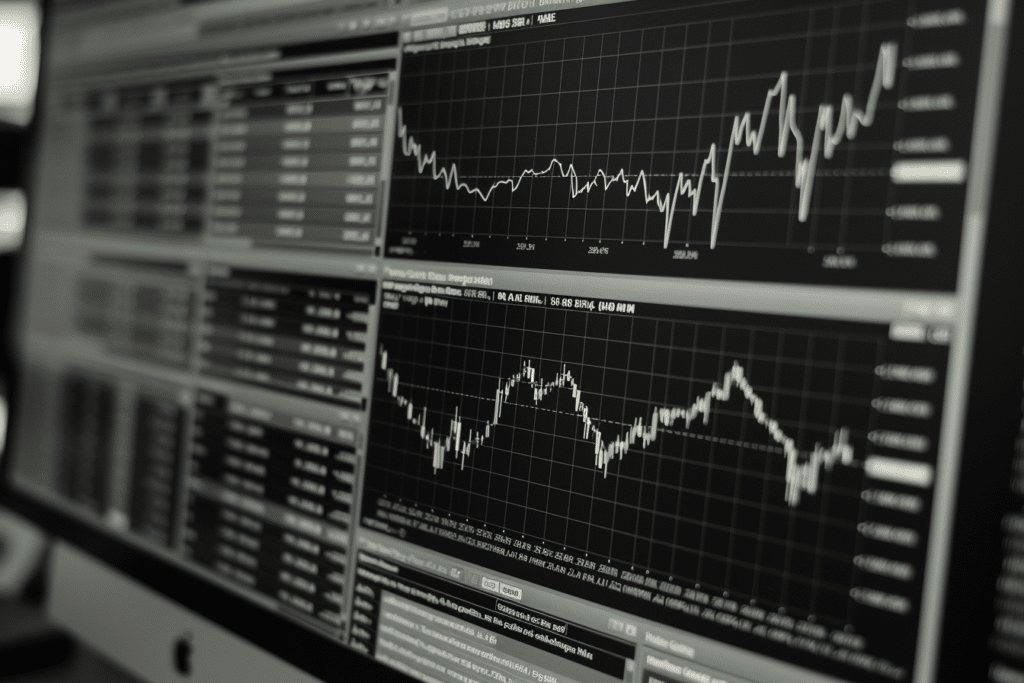The foreign exchange market, commonly referred to as Forex, stands as the largest publithings.com/utiliser-pret-bancaire-financer-projet-creation-dentreprise-strong » class= »ek-link »>financial marketplace globally, facilitating the trading of currencies around the clock. This dynamic market plays a pivotal role in global trade, economics, and finance, influencing economic policies and the financial stability of countries. In this article, we will delve into the fundamental aspects of Forex, including its structure, key participants, major currency pairs, the impact of economic indicators, trading strategies, and the inherent risks and rewards.

What is forex post ?
A « Forex Post » refers to an informational piece specifically focused on the Forex market. It encompasses a detailed exploration of fundamental topics such as the market’s structure, its participants, trading strategies, and other essential aspects crucial for understanding and navigating Forex trading. This type of content serves to inform and guide traders by offering insights into the complex dynamics of currency trading.
Structure of the forex market
Forex operates as a decentralized market, meaning there is no central exchange overseeing operations. Instead, it runs through a global network of banks, financial institutions, brokers, and individual traders. Trading happens 24 hours a day, five days a week, with the market segmented into three major sessions: Asia-Pacific, Europe, and North America. This round-the-clock trading feature allows traders from different time zones to participate at their convenience.
Key market participants
The Forex market consists of various players, each with distinct roles and objectives. Major participants include central banks, commercial banks, financial institutions, multinational corporations, hedge funds, retail forex brokers, and individual traders. Central banks exert the most significant influence as they manage national currency supplies and implement monetary policy. Meanwhile, individual traders and institutions speculate on currency movements to derive profits.
Major currency pairs
Forex trading involves the simultaneous buying of one currency and selling of another, which forms a currency pair. The most traded currency pairs include the EUR/USD (Euro/US Dollar), USD/JPY (US Dollar/Japanese Yen), and GBP/USD (British Pound/US Dollar). These pairs are favored due to their liquidity and relatively low spreads. The choice of pair depends largely on the trader’s knowledge of the currencies and related economic conditions.
Economic indicators and their impact
Currency values are highly responsive to economic indicators such as GDP growth rates, unemployment figures, inflation rates, and trade balances. For instance, a rise in the GDP of a country typically strengthens its currency as it suggests economic health and stability. Forex traders must stay updated with these economic indicators and central bank announcements to predict currency movements effectively.
Trading strategies
Forex trading strategies vary widely among traders, ranging from long-term fundamental analysis to short-term technical analysis techniques. Some popular strategies include day trading, swing trading, scalping, and position trading. Each strategy has its specific time frames and risk profiles, suited to different types of traders’ temperaments and schedules.
Risks and rewards
Forex trading offers substantial opportunities for profit due to its significant leverage options and liquidity. However, it also carries a high level of risk, primarily because of the market’s volatility and leverage. Effective risk management techniques such as stop-loss orders, limit orders, and proper leverage use are crucial for protecting investments.
Purpose of a forex post
The primary goal of a Forex Post is to make the complexities of the Forex market more accessible and understandable to the audience. This content is invaluable for both novice and experienced traders to make informed decisions, improve their trading strategies, and stay updated on market conditions and new trading technologies.
Such posts are usually found on dedicated Forex news websites, financial news portals, blogs of Forex analysts or traders, and even on social media platforms where financial education is a focus. The detailed, often up-to-date nature of these posts makes them essential reading for anyone involved in Forex trading.
Technological impact on forex trading
Advancements in technology have significantly changed how Forex trading is conducted. From the rise of mobile trading platforms to algorithmic trading, technology allows traders to be more agile, precise, and informed than ever before. Exploring the technological tools and trends can help traders leverage these advancements for better trading outcomes.
The global influence of forex
Forex trading not only affects individual traders but also has a profound impact on the global economy. It influences exchange rates, inflation, and the balance of payments among countries. Understanding the global context in which Forex operates can provide traders with a broader perspective, enhancing their strategic approaches to the market.
Such posts are usually found on dedicated Forex news websites, financial news portals, blogs of Forex analysts or traders, and even on social media platforms where financial education is a focus. The detailed, often up-to-date nature of these posts makes them essential reading for anyone involved in Forex trading.
Regulatory framework and compliance
Navigating the regulatory landscape is crucial for any trader involved in the Forex market. This section of a Forex Post would delve into the various international and national regulatory bodies that oversee Forex trading practices, such as the US Commodity Futures Trading Commission (CFTC), the UK’s Financial Conduct Authority (FCA), and the Australian Securities and Investments Commission (ASIC).
The post would outline the importance of understanding and complying with these regulations to ensure legal trading activities and protect traders from potential scams and broker malpractices. Additionally, it would provide insights into how these regulations affect the trading environment, the role of compliance, and the impact of regulatory changes on market dynamics. This knowledge not only helps traders to operate within legal boundaries but also enhances their confidence in the security and fairness of their trading engagements.
Conclusion
Engaging in Forex trading requires an understanding of its complex dynamics and a strategic approach to navigate its opportunities and challenges. Whether a seasoned trader or a novice, continuous learning and adaptation to market changes are key to success in this ever-evolving financial arena.
Forex trading, with its vast scope and profound impact, is more than just trading currencies—it’s about understanding global economic forces and leveraging them to one’s advantage. Whether you’re looking to hedge, speculate, or explore, Forex provides a platform rich with possibilities but also fraught with challenges.





